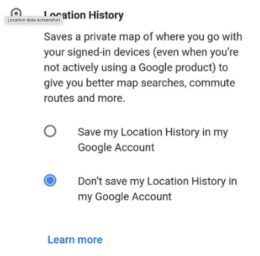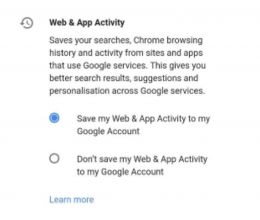A world first: Federal Court rules Google has misled users on personal location data
The current review of the Federal Privacy Act could be the beginning of a process to obtain fairer privacy practices for consumers. But any reforms from this review will be a long time coming.




